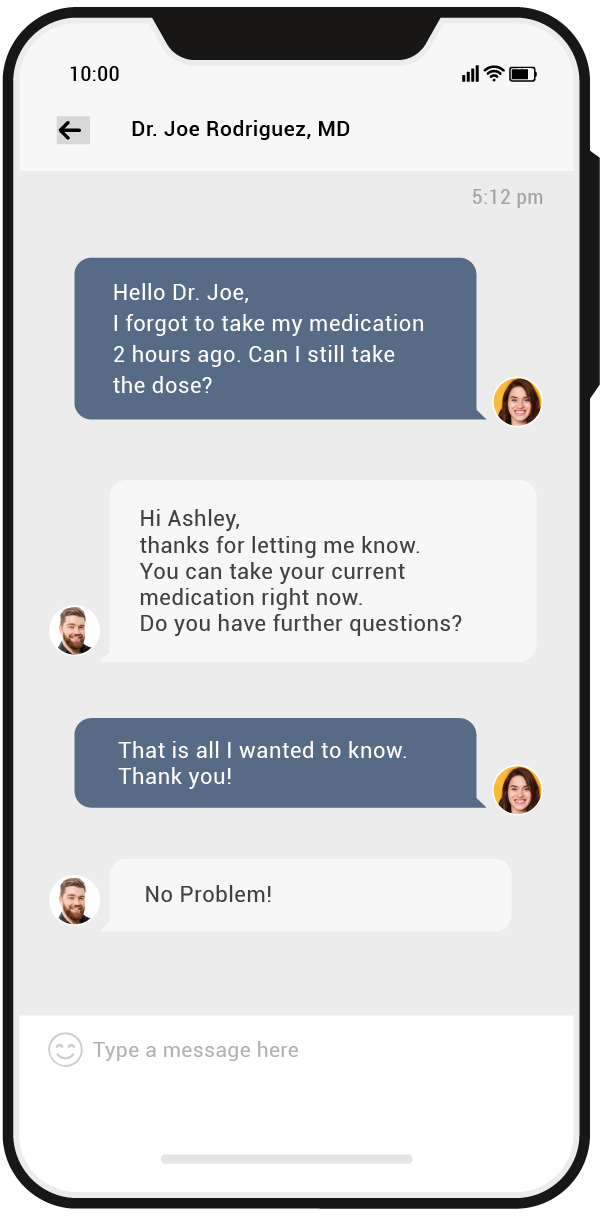Mental Health Condition
Understanding PTSD
Understanding PTSD is the first step towards recovery. If you or someone you know is struggling with this condition, seeking professional help is vital. With the right support and treatment, individuals can recover and regain control over their lives.
Our online PTSD treatment in San Diego adopts an empathetic and comprehensive approach to treatment. We integrate evidence-based therapies and customized care plans to help our clients understand their condition and develop effective coping mechanisms.
What Is PTSD?
Many individuals experiencing traumatic incidents might initially struggle to adapt and cope. But with time and adequate self-care, they usually get better. However, if symptoms get worse and persist for months or even years and hinder daily functioning, this could be indicative of PTSD.
Post-Traumatic Stress Disorder (PTSD) is a mental health condition that develops in people who have witnessed or have directly experienced a deeply distressing or traumatic event. Symptoms are persistent and debilitating, which may include flashbacks, nightmares, and severe anxiety. Factors influencing PTSD development include the nature of the trauma, personal history, and available support systems.
Approximately 6% of the U.S. population, which equates to about 6 in every 100 individuals, will experience PTSD at some stage in their lives.














